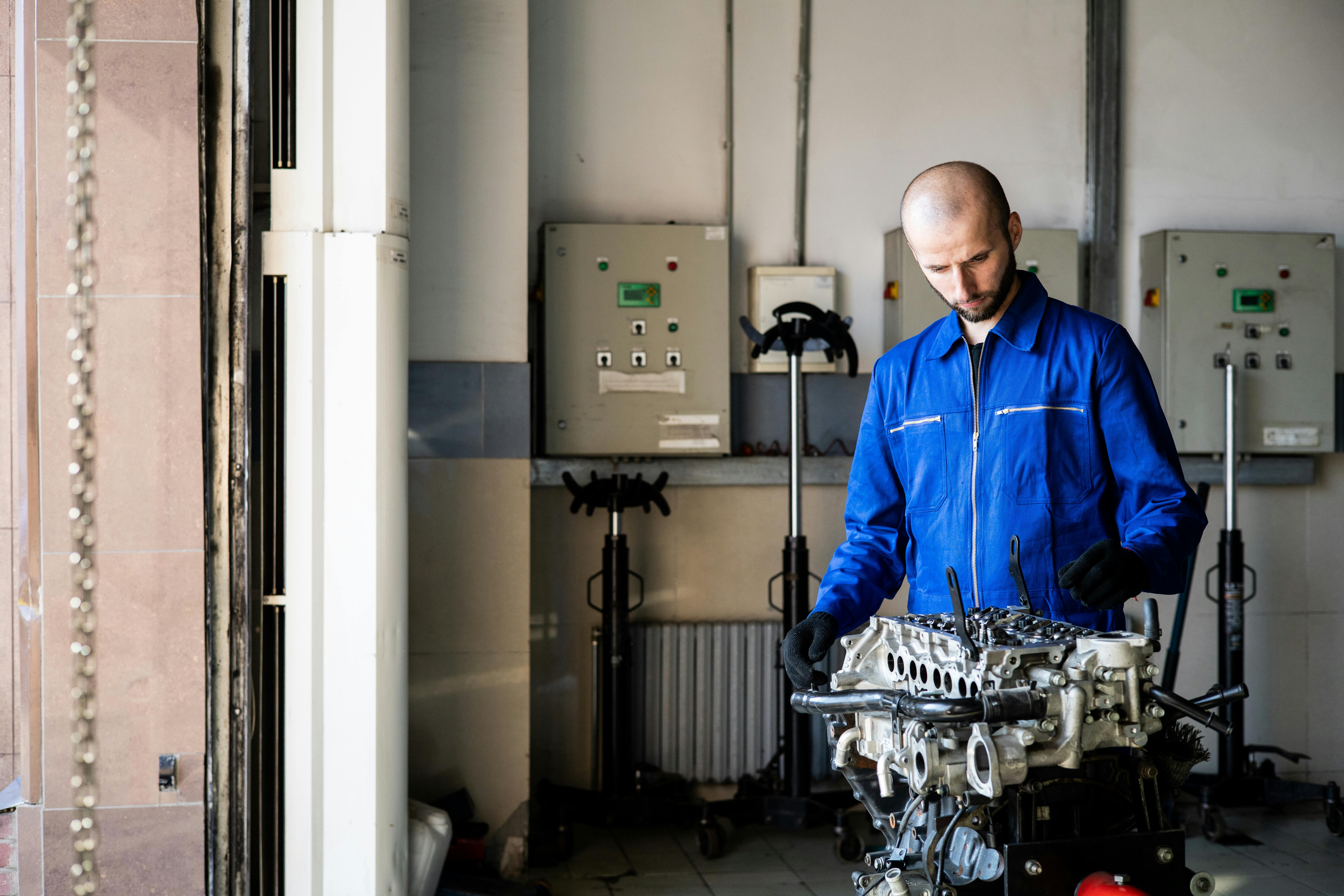Pioneering the Industrial Landscape: The Advent of Bio-Manufacturing
The manufacturing industry is on the cusp of a significant transformation, one that could redefine the industry and unlock new opportunities. At the heart of this transformation is an emerging trend known as bio-manufacturing. Bio-manufacturing is the production of goods from bio-based products. Unlike traditional manufacturing, which relies heavily on synthetic materials and non-replaceable resources, bio-manufacturing harnesses the power of living cells to produce materials and substances. This paradigm shift is a result of decades of scientific advancements, with roots in the biotechnology revolution of the 1970s and 80s.

The Bio-manufacturing Revolution: Current Trends and Insights
Bio-manufacturing is not just a novel concept; it’s a rapidly growing industry. In the last five years, several start-ups and established firms alike have ventured into the bio-manufacturing arena. The industry is now witnessing a surge in the production of bio-based materials like bio-plastics, bio-fuels, and bio-chemicals. These innovations have the potential to reduce our reliance on fossil fuels, thereby mitigating environmental damage.
The Impact of Bio-Manufacturing: A New Industrial Landscape
Bio-manufacturing holds the promise of transforming various sectors. For instance, in the fashion industry, bio-manufacturing can lead to the production of sustainable, eco-friendly clothes. Similarly, in the construction industry, bio-manufacturing could result in resilient, bio-based building materials. However, the transition towards bio-manufacturing is not without challenges. These include the need for significant R&D investments, regulatory hurdles, and the requirement for new supply chains and infrastructure.
Bio-Manufacturing: Research-Backed Claims
Numerous studies underscore the potential of bio-manufacturing. According to a report by the Ellen MacArthur Foundation, a transition to bio-manufacturing could create an economic opportunity worth over $1.1 trillion by 2050. Moreover, a shift to bio-based materials could reduce CO2 emissions by 2.5 billion tons per year.
Enhancing Business Performance with Bio-Manufacturing
- Bio-manufacturing can offer competitive advantage through differentiation and sustainability credentials.
- Bio-based products can command premium prices due to their eco-friendly features.
- Companies can mitigate supply chain risks associated with non-renewable resources by shifting to bio-based materials.
- Bio-manufacturing can align with customers’ increasing preference for sustainable products.
The Future of Bio-Manufacturing
Bio-manufacturing represents a significant leap forward for the manufacturing industry. Despite the challenges, this emerging trend holds the potential to transform industries, create economic opportunities, and contribute to a more sustainable future. As companies navigate the transition, they will need to embrace innovation, invest in R&D, and build the necessary infrastructure. The journey towards bio-manufacturing may not be easy, but the rewards could be immense.




